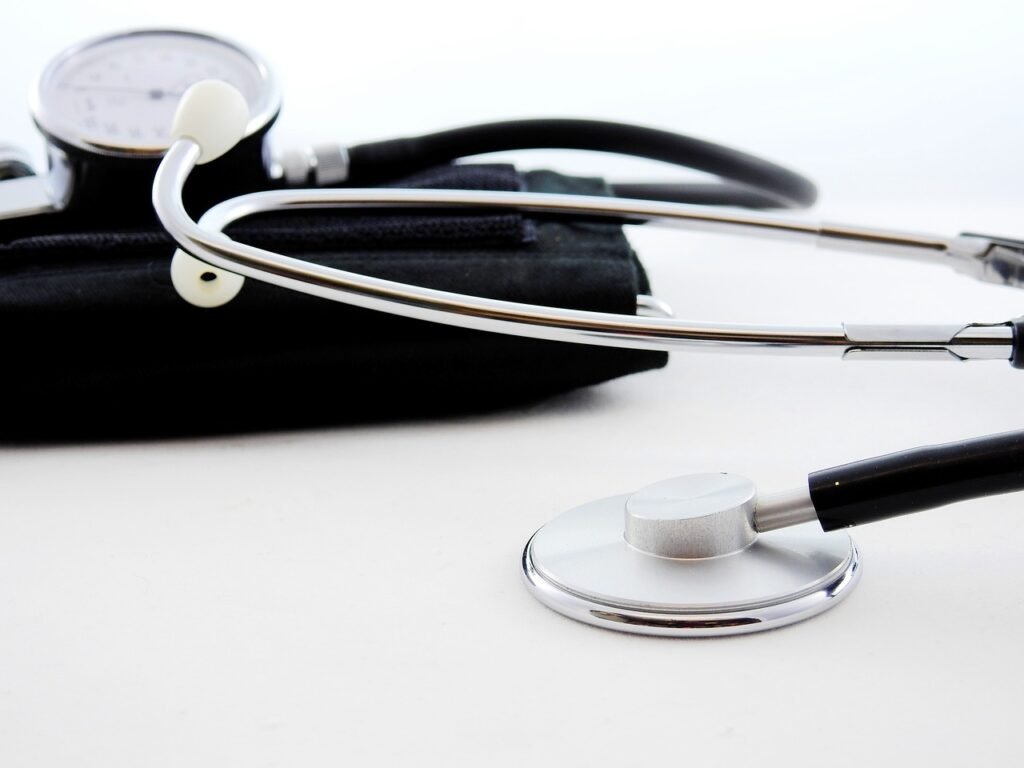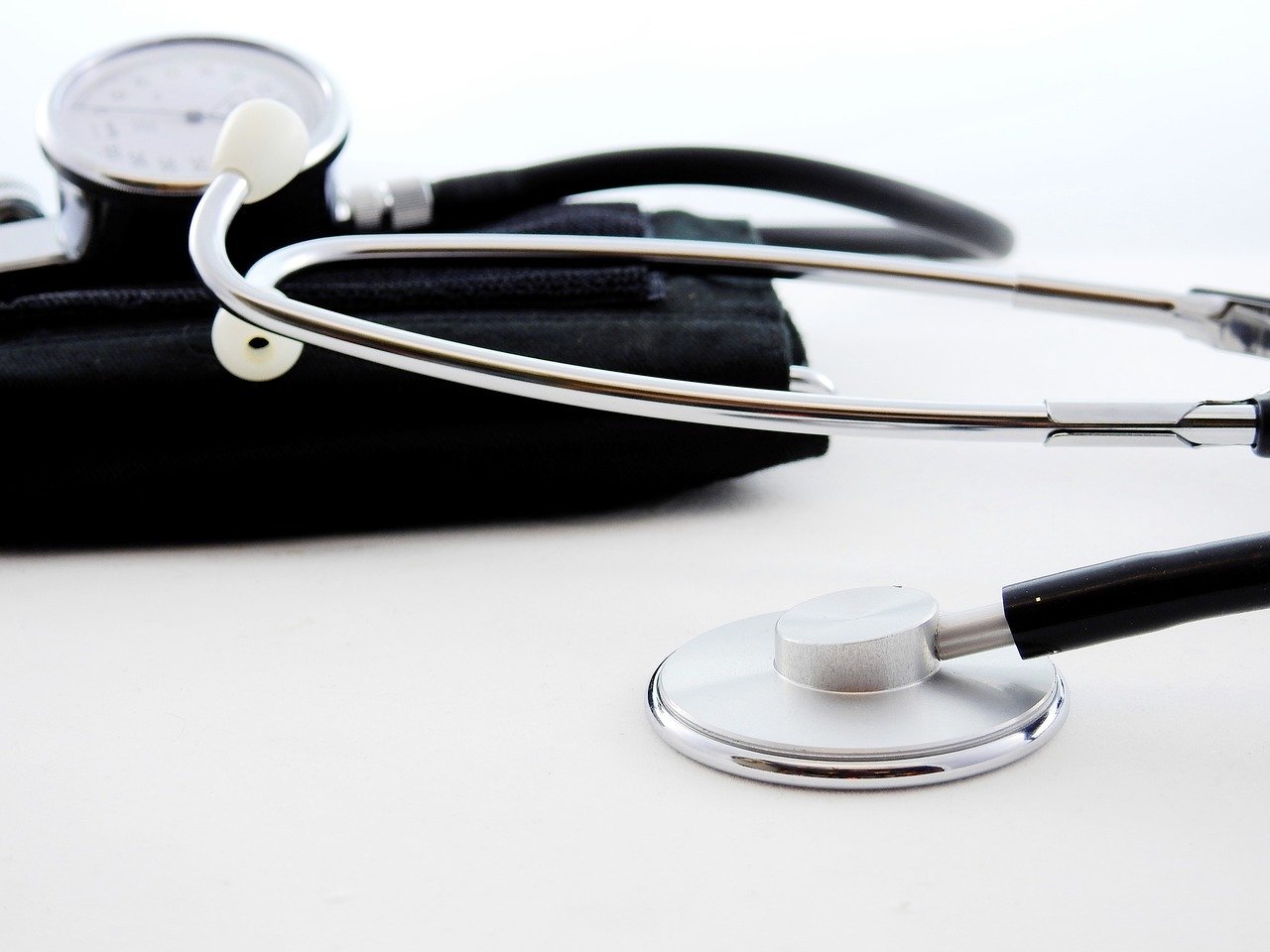Are you considering adding a King Doberman to your family and want to make sure you understand their unique health needs? In this article, we will explore the various health considerations that are specific to King Dobermans, helping you provide the best care possible for your furry friend.
Understanding the History of King Dobermans
King Dobermans are a larger and more muscular variation of the traditional Doberman Pinscher breed. This variation was originally developed by a European breeder who aimed to create a bigger and more imposing dog for certain tasks. Due to their larger size, King Dobermans have specific health considerations that owners need to be aware of to ensure their well-being.
The Impact of Size on Health Needs
The increased size of King Dobermans compared to standard Dobermans results in a higher risk of certain health issues, such as hip dysplasia and cardiac concerns. It is crucial for owners to monitor their King Dobermans’ weight and provide adequate exercise to maintain their overall health and prevent obesity-related issues.

This image is property of pixabay.com.
Common Health Issues in King Dobermans
While King Dobermans are generally a healthy breed, they are predisposed to certain health issues due to their genetics and size. Understanding these common health issues can help you be proactive in managing your King Doberman’s health.
Dilated Cardiomyopathy
Dilated cardiomyopathy is a common heart condition in King Dobermans that can lead to heart failure if left untreated. Symptoms of dilated cardiomyopathy include lethargy, coughing, and difficulty breathing. Regular veterinary check-ups and monitoring of your dog’s heart health are essential in managing this condition.
Hip Dysplasia
Hip dysplasia is a joint condition that affects King Dobermans due to their size and structure. Symptoms of hip dysplasia include limping, reluctance to exercise, and difficulty standing up. Maintaining a healthy weight and providing joint supplements can help manage hip dysplasia in King Dobermans.
Bloat
Bloat, also known as gastric dilatation-volvulus, is a life-threatening condition that can affect King Dobermans. Symptoms of bloat include a distended abdomen, restlessness, and unproductive retching. Immediate veterinary attention is crucial if you suspect your King Doberman is experiencing bloat.
Hypothyroidism
Hypothyroidism is a common endocrine disorder in King Dobermans that affects the thyroid gland. Symptoms of hypothyroidism include weight gain, skin problems, and lethargy. Regular blood tests and medications prescribed by a veterinarian are essential in managing hypothyroidism in King Dobermans.
Von Willebrand’s Disease
Von Willebrand’s disease is a genetic blood disorder common in King Dobermans that affects the blood’s ability to clot. Symptoms of Von Willebrand’s disease include excessive bleeding, nosebleeds, and bruising. Avoiding activities that can cause injury and regular monitoring by a veterinarian are crucial in managing this condition.

This image is property of pixabay.com.
Preventative Measures for King Dobermans’ Health
While it’s important to be aware of the potential health issues that can affect King Dobermans, there are several preventative measures you can take to ensure your dog’s well-being and minimize the risk of developing health problems.
Regular Veterinary Check-ups
Scheduling regular veterinary check-ups for your King Doberman is essential in maintaining their overall health. Your veterinarian can conduct routine screenings, such as blood tests and physical examinations, to detect any health issues early on and provide appropriate treatment.
Balanced Diet
Providing your King Doberman with a balanced and nutritious diet is crucial in supporting their overall health and well-being. Consider consulting with a veterinarian or a canine nutritionist to determine the best diet for your dog based on their age, size, and activity level.
Regular Exercise
Regular exercise is key in managing your King Doberman’s weight, promoting cardiovascular health, and preventing obesity-related issues. Aim for daily walks, play sessions, and mental stimulation activities to keep your dog healthy and active.
Weight Management
Maintaining a healthy weight is crucial in preventing obesity-related health issues in King Dobermans. Monitor your dog’s weight regularly, adjust their diet and exercise routine as needed, and consult with a veterinarian if you have concerns about their weight.
Dental Care
Dental care is often overlooked but essential in maintaining your King Doberman’s overall health. Brush your dog’s teeth regularly, provide dental chews or toys for oral hygiene, and schedule professional dental cleanings with a veterinarian when necessary.
Grooming
Regular grooming, including brushing their coat, trimming their nails, and cleaning their ears, is important in preventing skin issues, infections, and other health concerns in King Dobermans. Establish a grooming routine and maintain good hygiene practices to keep your dog looking and feeling their best.

This image is property of pixabay.com.
Conclusion
By understanding the unique health needs of King Dobermans and taking proactive measures to ensure their well-being, you can provide your furry friend with a happy and healthy life. Remember to consult with a veterinarian for guidance on managing your King Doberman’s health and seek prompt medical attention if you notice any concerning symptoms or changes in their behavior. With proper care and attention, you can help your King Doberman live a long and fulfilling life.



